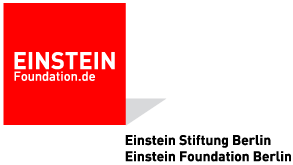Arabic Pharmaceutical Manuscripts – a neglected field of study
Seminar für Semitistik und Arabistik
Fachbereich Geschichts- und Kulturwissenschaften
Freie Universität Berlin
Arabic Manuscripts are the most important source for scientific culture among Arabic-speaking communities in the middle ages and later. After access to the Greek medical tradition had been secured through the “translation movement” in the 8th and 9th centuries, Arabic-speaking physicians started adding new information to this ancient material by authoring books and treatises. Many historians consider Arabic-Islamic medicine to be an essential factor in the development of early modern approaches to the diagnosis and treatment of sickness, and the Arabic language to be the most important idiom of science in the middle ages. Considering the fact that Arabs have historically expanded the scope of pharmaceutical science, and that many editions and translations have been made of those Arabic pharmaceutical works which were done into Latin during the medieval period, the contribution of Arabic science to the development of pharmacy/pharmacology seems all the more obvious.
Staatsbibliothek zu Berlin is one of the largest libraries in Europe, and has a great importance for scholars in all scientific fields and languages. The library holds a fascinating collection of Arabic manuscripts relating to different aspects of Arabic scientific civilization and might be considered one of the main resources for consulting Arabic medical and pharmaceutical manuscripts for scholars in Germany and worldwide.
The Arabic Pharmaceutical Manuscripts project will study the contents of the main pharmaceutical Arabic manuscripts at Staatsbibliothek zu Berlin; the project will contribute a detailed academic report for each manuscript. These reports will be available via Open Access through the online catalogue of Staatsbibliothek zu Berlin.
